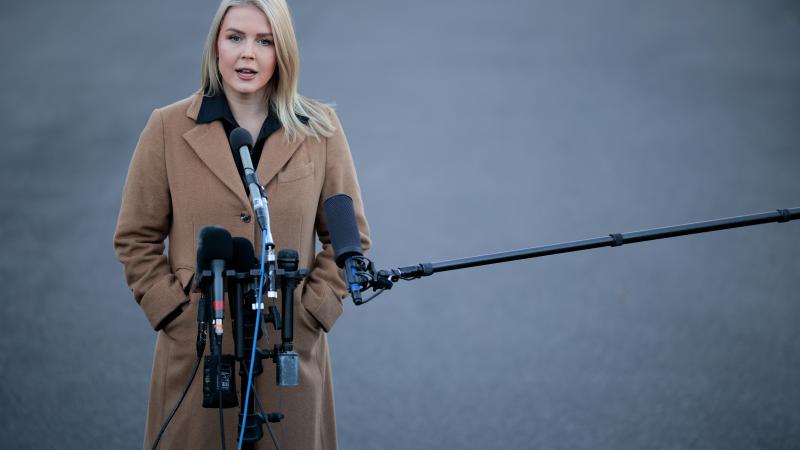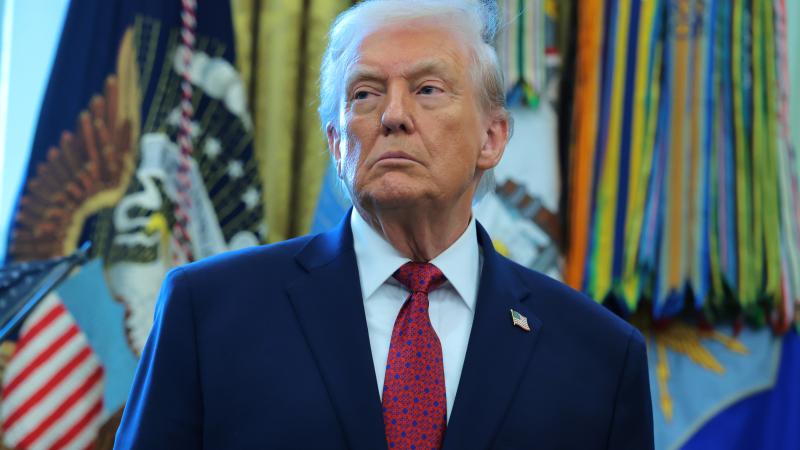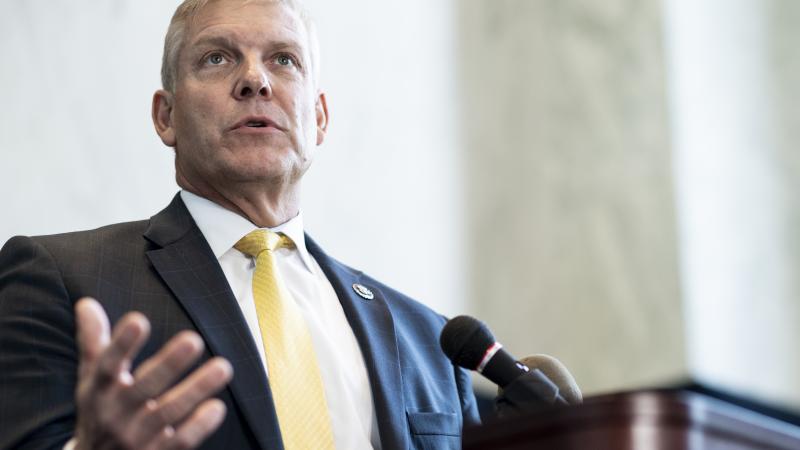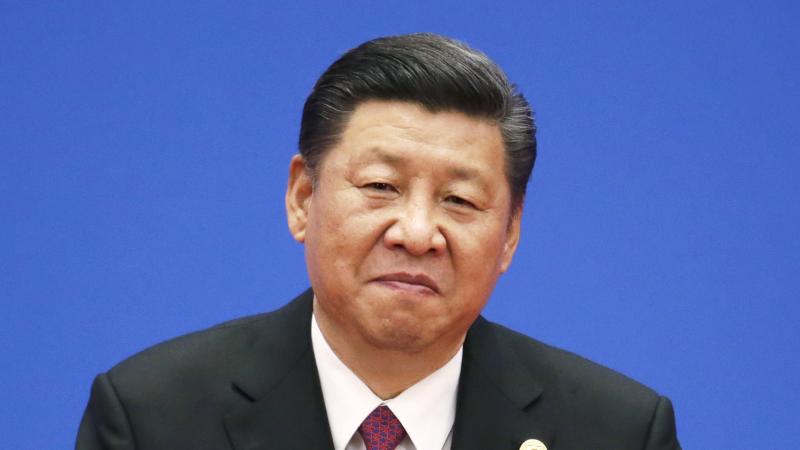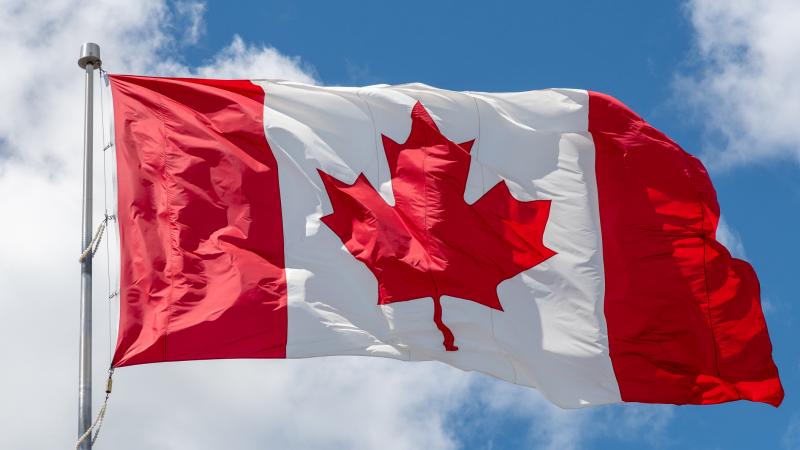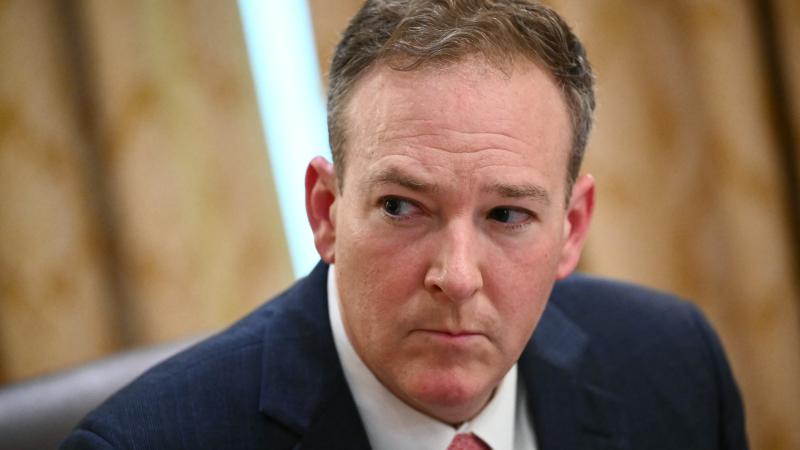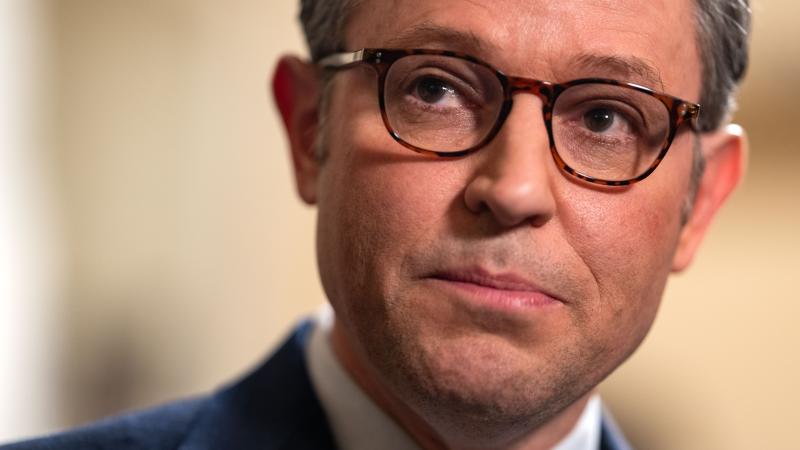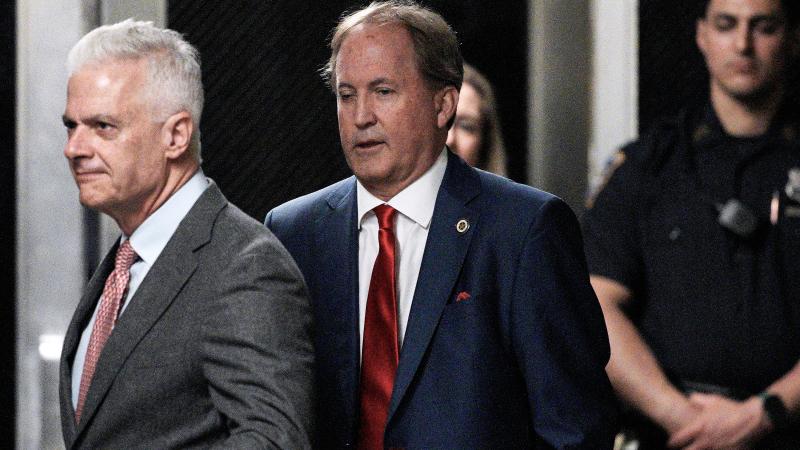Trump orders study of reciprocal tariffs on U.S. trading partners
The president says he will consider other countries use of value-added taxes or VAT, a consumption tax assessed on the value added in each production stage of a good or service. Such taxes are common in European countries.
(The Center Square) -
President Donald Trump took another step forward on his plan to put reciprocal tariffs on U.S. trading partners this past week by signing a memo directing his staff come up with solutions in 180 days.
"On Trade, I have decided, for purposes of Fairness, that I will charge a RECIPROCAL Tariff meaning, whatever Countries charge the United States of America, we will charge them - No more, no less!" Trump wrote Thursday afternoon on Truth Social.
The president said he will consider other countries use of value-added taxes or VAT, a consumption tax assessed on the value added in each production stage of a good or service. Such taxes are common in European countries.
"For purposes of this United States Policy, we will consider Countries that use the VAT System, which is far more punitive than a Tariff, to be similar to that of a Tariff. Sending merchandise, product, or anything by any other name through another Country, for purposes of unfairly harming America, will not be accepted," Trump wrote.
"In addition, we will make provision for subsidies provided by Countries in order to take Economic advantage of the United States. Likewise, provisions will be made for Nonmonetary Tariffs and Trade Barriers that some Countries charge in order to keep our product out of their domain or, if they do not even let U.S. businesses operate," the president continued. "We are able to accurately determine the cost of these Nonmonetary Trade Barriers. It is fair to all, no other Country can complain and, in some cases, if a Country feels that the United States would be getting too high a Tariff, all they have to do is reduce or terminate their Tariff against us. There are no Tariffs if you manufacture or build your product in the United States."
The memo orders Commerce Secretary Howard Lutnick and Trade Representative nominee Jamieson Greer to evaluate custom country-by-country remedies to U.S. trade deficits. Office of Management and Budget boss Russell Vought would then submit a report within 180 days to assess the fiscal impact of the tariffs.
The order came short of imposing the tariffs immediately. Trump has forestalled all but one of his tariff orders so far. He agreed to pause 25% tariffs on Mexico and Canada after leaders of those countries promised to strengthen border security to stop fentanyl from entering the U.S., a decades-long problem that some view as intractable. Trump did go forward with a 10% tariff on imports from China. China responded with limited tariffs on U.S. imports and filed a complaint with the World Trade Organization.
Trump also moved to impose 25% tariffs on steel and aluminum imports. Those could start March 1.
Trump said Thursday that his plan was to level the playing field.
"For many years, the U.S. has been treated unfairly by other Countries, both friend and foe. This System will immediately bring Fairness and Prosperity back into the previously complex and unfair System of Trade," Trump wrote. "America has helped many Countries throughout the years, at great financial cost. It is now time that these Countries remember this, and treat us fairly – A LEVEL PLAYING FIELD FOR AMERICAN WORKERS."
Trump touted tariffs throughout his campaign and during his inauguration said tariff revenue would make the U.S. "rich as hell." He also said that tariff revenue would lower the tax burden on American taxpayers.
Most economists have questioned Trump's tariff plans.
Last week, S&P Global, a credit-rating agency, reported the potential effects of Trump's tariffs were "overwhelmingly negative." S&P analysts said the tariffs could slow gross domestic product growth, boost unemployment and inflation. It noted that "the effects on the U.S. are smaller than for trading partners." Gross Domestic Product, or GDP, is a measure of economic output. S&P noted the uncertainty around Trump's tariff plans creates problems for businesses and U.S. families.
